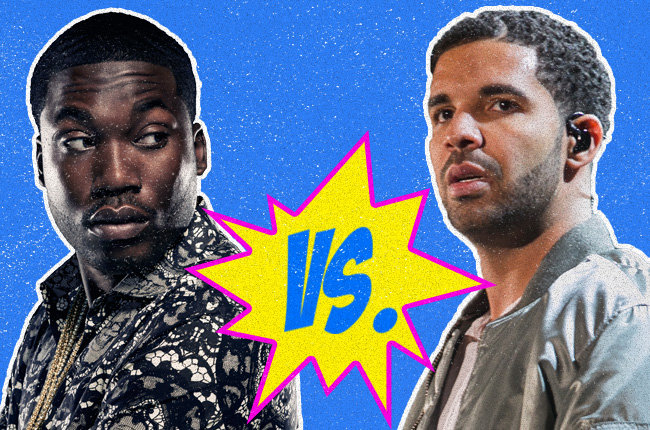A few weeks back, Meek Mill now infamously went on a Twitter rant accusing Drake of not writing his own raps. Everyone who is somewhat familiar with hip-hop culture knows how devastating an allegation like this could be to a rapper’s image and ultimately to their career. In hip-hop, authenticity is vital; rap music iconizes its stars because the music delivery comes in the form of first person narratives. Rappers rap about themselves – writing your own raps, then, becomes ultimately integral to a rap artist.
This is obviously vital to education as well. Plagiarism is the cardinal sin in academics and rightly so. We want our students to be unique, creative and we want them to be themselves. We (try to) teach students how to think critically and more importantly, how to think for themselves. So when Drake is accused of using a “ghost writer” educators can use this instance as a teaching point to discuss what plagiarism is exactly. We often assume that students are clear cut on what plagiarism is and thus fail to show them the grey zones of the issue. I once heard an undergraduate professor say, “Everything that has been thought about has already been said, so you need to first make sure you cite your sources when you write and second you should try to say it in a different way.” And this was instruction from a university professor. So imagine what type of swirling ideas around plagiarism high school and elementary students have.
The fact that Drake survived the allegations and ultimately won this rap beef generates insights that can also be translated into a classroom. People didn’t care that he has others helping him write songs. This would not have been the case on the rap scene in 1997. But it is a reality now. So, what does this teach us? It demonstrates that our mentality has slightly shifted from an attitude that places the individual above all else to one that prioritizes contribution and creativity. The most impactful corporations, like Google and Apple, remain on the cutting edge because they foster an environment of collaboration. Schools need to move away from the notion of everything being based on individual excellence by fostering ways that validate and spotlight collaboration and community.
So Drake doesn’t write some of his raps, yet he still came out on top of this beef with Meek Mill. Just because Drake won doesn’t mean that society no longer values authenticity. Him winning means society values the complexity of the black male identity. Drake raps about his emotions, his situation, and of course the hyper-masculine identity of the black male at times. But Drake does not appropriate the stereotype of the black thug and the idea of black dysfunctional culture for his financial benefit. Meek Mill does. We don’t need rappers to communicate long standing stereotypes of the black male as a thug, gangster and pimp. We don’t need more songs about Rolex watches and selling drugs. Drake winning this beef can teach students that black male identity is indeed complex and that you don’t have to fit into a prearranged box in order to succeed. This is a lesson that is missing for black males in education. This is a lesson that Drake winning this beef can teach our future.
[share title=”Share this Post” facebook=”true” twitter=”true” google_plus=”true”]

